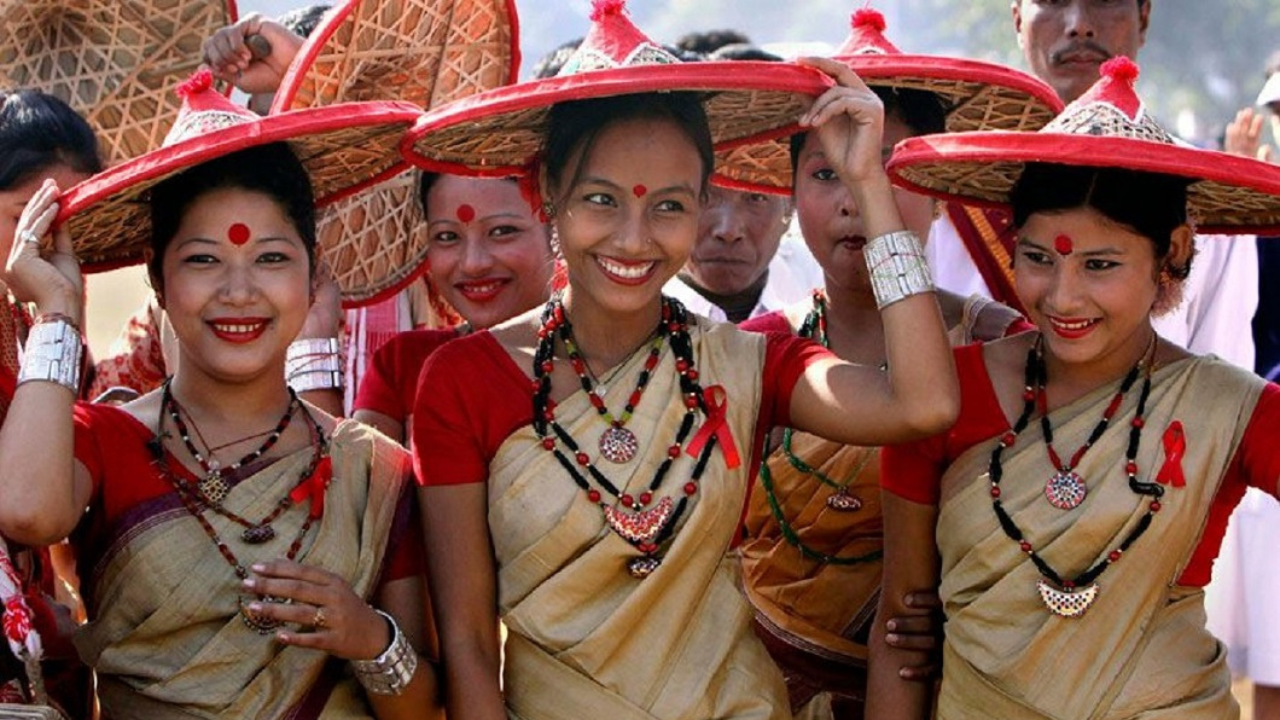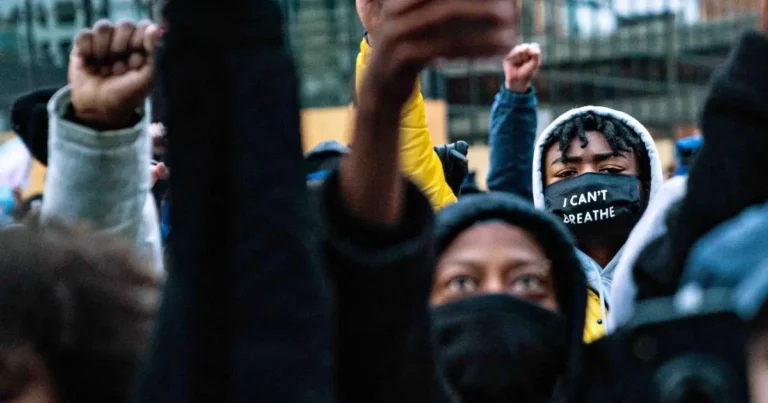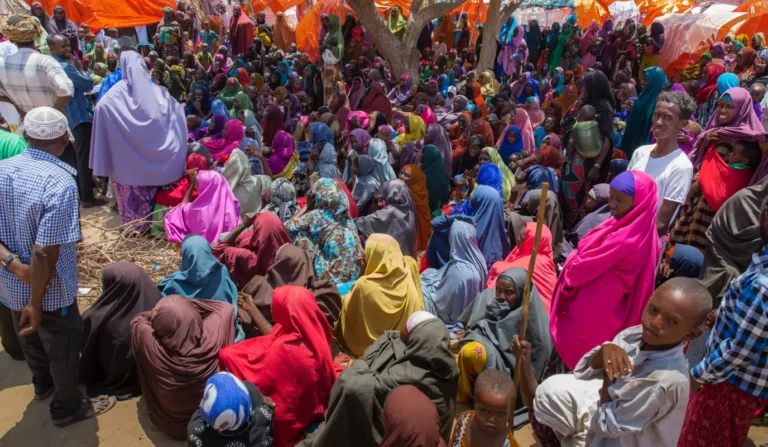Indigenous Rights: Why Protecting Cultures and Lands Matters More Than Ever
All over the world, Indigenous communities—also known as tribal or native peoples—are fighting to keep their lands, languages, and traditions safe. While many of them have lived on their lands for centuries, rapid development, mining, deforestation, and modern policies often ignore their rights.
This post on World News brings you a simple guide to understand how Indigenous people are standing up for their rights, and how their efforts are slowly changing government policies.
Who Are Indigenous People?
Indigenous communities are the original inhabitants of a region. In India, they are known as Adivasis, and they live in states like Jharkhand, Odisha, Chhattisgarh, and Madhya Pradesh. Globally, Indigenous people are found in countries like Brazil, Australia, Canada, Ecuador, and more.
They have their own languages, traditions, dress, and deep spiritual connection with nature. Most of them depend on forests, rivers, and land for farming, fishing, and medicine.
Why Are Their Lands at Risk?
In recent years, many projects like:
- Mining
- Dams
- Roads and highways
- Oil and gas drilling
…have affected Indigenous areas without asking for their permission.
In places like the Amazon rainforest, huge parts of Indigenous land are being cleared. In Australia, gas projects are approved without full consent from Indigenous groups. Even in India, many Adivasi communities have protested against land acquisition for factories or power plants.
Real Stories Making a Difference
Ecuador: Fighting for Forests
In Ecuador, Indigenous leaders are asking their government to follow a court order that protects their ancestral forests. These forests are not just home—they are life, food, and identity.
Odisha, India: Dream Maps
Adivasi women in Odisha are making “dream maps” of their villages. These maps help them claim land that has been degraded or taken away, and to ask for help to make it fertile again.
Arizona, USA: Safety First
In the USA, new alerts like the “turquoise alert” are being created to help trace missing Indigenous women, a major issue that often gets ignored.
What Are Indigenous Communities Demanding?
- Legal Rights to Land: They want full control of forests and rivers they’ve lived in for centuries.
- Say in Development Projects: They want to be asked before companies build on their land.
- Recognition in Law: They want governments to respect tribal customs, languages, and identities.
- Protection of Culture: From language to food habits, they want the freedom to pass on their traditions.
Global Support & Progress
The United Nations has adopted a declaration supporting Indigenous rights. Some countries like New Zealand and Canada are now working more closely with their Indigenous populations to bring change.
In Brazil, Indigenous women marched in thousands to demand land protection. These voices are growing stronger every year.
Final Word from World News
Indigenous rights are not just about land—they’re about dignity, survival, and respect. These communities teach us how to live in harmony with nature, and their wisdom is needed now more than ever.
At World News, we support stories that empower unheard voices. As the world grows, let’s not forget those who have always protected its roots.
✅ Bookmark World News for:
- World Community Voices
- Culture & Environment News
- Simple Explanations for Big Topics
Support the right to belong. Respect the right to protect. Indigenous voices matter.







